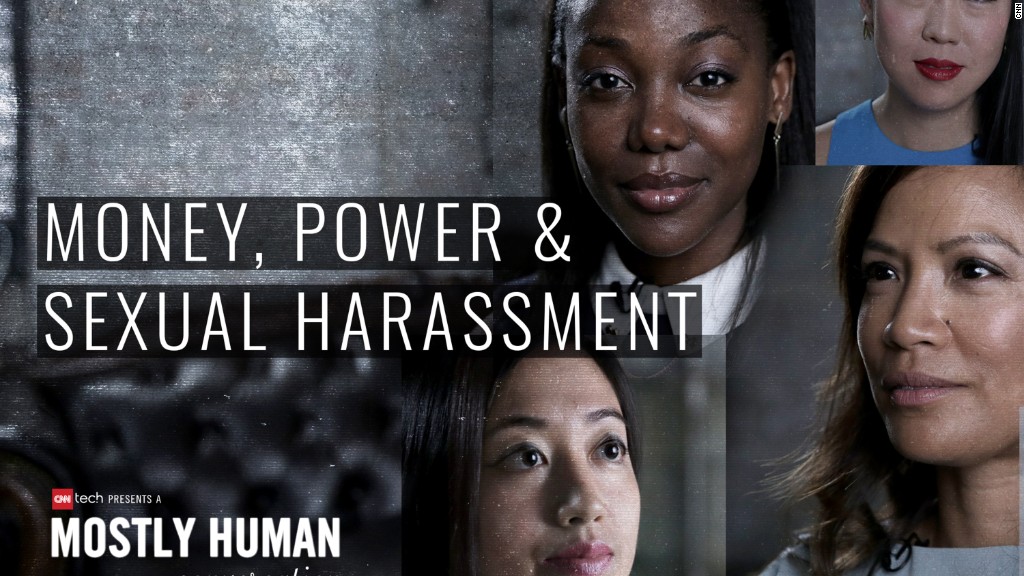
As if sexual harassment, alleged hiring droughts, and misogyny weren't enough, the venture-capital industry has another way to make life hard for women: It doesn't fund them.
Just 3% of venture capital funding was raised by female CEOs, or $1.5 billion out of $50.8 billion, according to a new study, conducted by researchers at Babson and Wellsley colleges of nearly 7,000 companies from 2011 to 2013.
To add insult to penury, even the presence of a woman on an executive team correlated to lower funding levels. The researchers found that teams comprised entirely of men were four times more likely to get VC funding than those that had even one woman on their executive team.
"It is quite surprising that women are still, practically speaking, shut out of the market for venture capital funding, both as CEOs and participants of executive teams," the authors wrote.
Related: Sexual harassment in tech: Women reveal their stories
The research is based on data from several years ago -- but that doesn't mean things have gotten any better.
While the pool of venture capital funding has grown slightly, the same sliver is going to female founded companies. According to data from PitchBook, whose data the researchers also used, VCs put $64.9 billion into male-founded startups in 2016. Female-founded startups got $1.5 billion.
With men controlling the vast majority of capital, it can be difficult for women to break in. 89% of those making investment decisions at the top 72 VC firms are male, according to one survey. It's hard for women to raise in an industry that tends to "pattern match" and look for the next Mark Zuckerberg.
It's not all doom and gloom, though. The researchers note that there has been some progress for women over the past decade. They found that the percentage of businesses with women on executive teams receiving funding has almost tripled from 4% in 1999 to 15%.
One of the study's coauthors, Candida Brush of Babson College, pointed out that there's nothing indicating men are more capable of running successful businesses. Brush said they ran an additional test comparing the companies with female CEOs (there were 183) to companies in similar industries run by men. They found that the women CEOs were equally as likely to stay in business and have a positive exit as their male counterparts.

